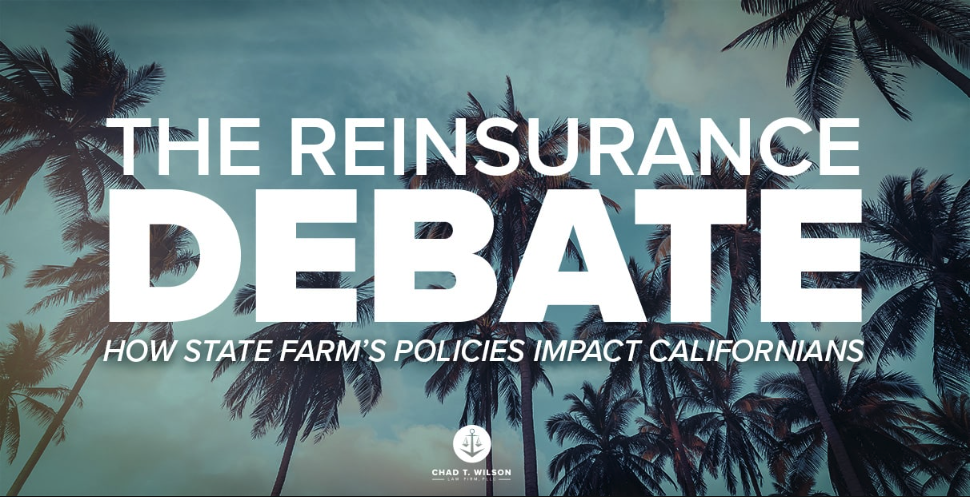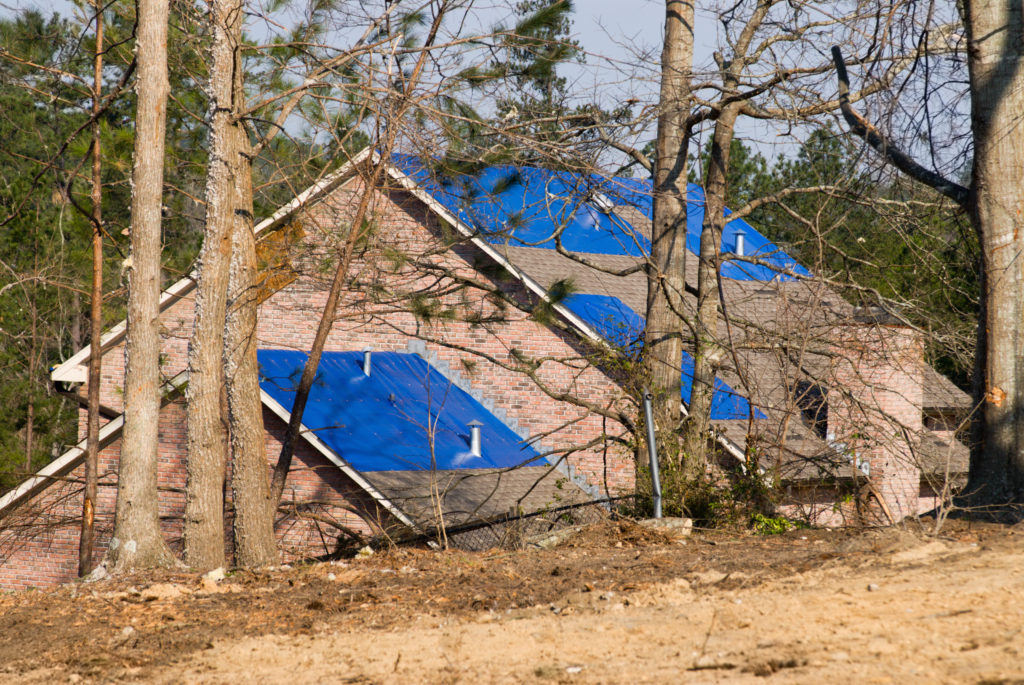What You Can Do When Home Insurance Fails

For Karen and Tony Hoover, the last thing they expected after nearly 50 years of insuring their San Francisco Victorian home with Liberty Mutual Insurance was to face a sudden non-renewal of their policy. The cited reason? Aerial photographs allegedly showing “moss, mildew, algae, and mold” on their roof—photos that turned out to be misleading. The Hoovers’ determined fight to restore their coverage not only highlights the challenges many homeowners face today but also serves as a guide for others navigating similar situations.
The Hoovers’ Fight for Coverage
After receiving a non-renewal letter, the Hoovers were baffled. The aerial photograph, which seemed to be sourced from Google Earth, showed no visible evidence of the alleged damage. “All they do is show this picture of the whole roof—looking down. You can’t see one mark of discoloration,” Karen Hoover told reporters from 7NEWS (source).
Determined to clear their name, the couple hired Excelsior Roofing, a reputable local roofing company, to conduct a professional inspection. The results? The roof was in excellent condition, with no signs of mold, algae, or other issues. Armed with detailed photographs and a clean report, the Hoovers appealed the cancellation. While Liberty Mutual initially remained unresponsive, media involvement quickly led to their policy being reinstated.
A Growing Crisis in Home Insurance
The Hoovers’ case isn’t isolated. Across the U.S., especially in disaster-prone states like California and Florida, homeowners are facing increased challenges with insurance cancellations and non-renewals.
-
California: Since 2022, seven of the top 12 insurance carriers have cut existing policies or stopped issuing new ones, leaving thousands of homeowners scrambling for coverage.
-
Florida: In November 2024, Florida’s leading insurance company dropped over 200,000 policies in the wake of Hurricanes Helene and Milton.
An NBC News analysis found that 1 in 8 American homeowners now lack insurance—a troubling statistic in the face of increasing natural disasters.
What to Do if Your Home Insurance Is Canceled
Facing a non-renewal or cancellation can be overwhelming, but there are steps you can take:
-
Request Documentation: Ask your insurer for a detailed explanation of the decision and any supporting materials, such as photographs or assessments.
-
Get an Independent Inspection: If cited for property issues, hire a reputable inspector to provide a second opinion.
-
Complete Necessary Repairs: Address any issues promptly, such as roof repairs or removing debris, to meet the insurer’s requirements.
-
Contact Your State’s Department of Insurance: If you’re unable to resolve the issue, your state’s Department of Insurance can help ensure the insurer is complying with regulations.
-
Explore State Insurance Plans: Many states offer last-resort insurance options. For example:
-
California FAIR Plan: Provides basic fire insurance for at-risk properties.
-
Florida Citizens Property Insurance: A non-profit program for homeowners unable to secure traditional policies.
-
Advocating for Your Rights
The Hoovers’ ordeal underscores the importance of self-advocacy and persistence. By staying informed and proactive, homeowners can challenge unjust decisions and secure the coverage they need.
How Chad T. Wilson Law Firm Can Help
At the Chad T. Wilson Law Firm, we specialize in helping policyholders navigate insurance disputes, from non-renewals to denied claims. Our team of experienced attorneys is dedicated to ensuring that your rights are protected and that you receive the coverage and compensation you deserve.
If your home insurance has been canceled or your claim unfairly denied, don’t face it alone. Contact us today for a free consultation, and let us help you fight back and protect your home.
























Recent Comments